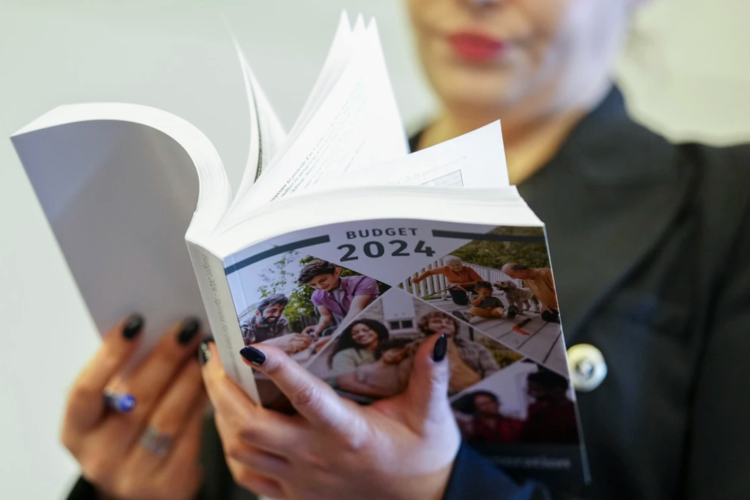The federal budget released on Tuesday did not contain a general tax rate increase for the wealthy, but the government did announce that the capital gains inclusion rate will be going up and it amended the draft alternative minimum tax rules in response to concerns of the charitable sector.
Under the Current Tax Rules
If you dispose of capital property ( other than your principal residence) for a profit, only 50% of the Capital Gain is included in taxable income.
Under the New Canada 2024 Budget
The budget proposed to increase the capital gains inclusion rate to two-thirds (66.67 per cent) for corporations and trusts, and to two-thirds on the portion of capital gains realized for the year on or after June 25, 2024, that exceeds $250,000 for individuals.
The government is essentially giving 10 weeks notice before the new two-thirds inclusion rate kicks in is helpful in terms of tax planning, but it will mean a complex tax reporting system for 2024 since two different inclusion rates will apply.
As a result, the government announced that transitional rules will be introduced that will require taxpayers to separately identify capital gains and losses realized before the June 25, 2024, effective date (period 1), and those realized on or after that date (period 2
What does this mean for investors?
Talking to your tax lawyer, accountant and financial advisor to see what you can do. If this will affect you, then there is some time to plan. This is also the perfect time to think about the next election and what you want from the Canadian Government
Other Taxes That Will Affect Real Estate
If you sell a home within the first year of purchasing?
If you purchase a home and sell within the first year or purchasing. The Canadian Government will treat any gains on the disposition of the property ( some exceptions) as fully taxable and NOT a Capital Gain
If you live in British Columbia and sell a home within the first two years
The B.C. government has announced plans to introduce a tax of up to 20 per cent on profits made when properties are sold within two years of their purchase.
The 20 per cent rate will be in place for a year after purchase and will slide to zero between 366 and 730 days after the acquisition.
First-time homebuyer credit
The budget also introduced expanded property transfer tax exemptions, increasing the First Time Homebuyers Program threshold up to $500,000 on the purchase of a home worth up to $835,000.
Freeland announced that effective April 16, the amount first-time home buyers can withdraw from their RRSPs to make a down payment on their first home will rise from a maximum of $35,000 to $60,000.

